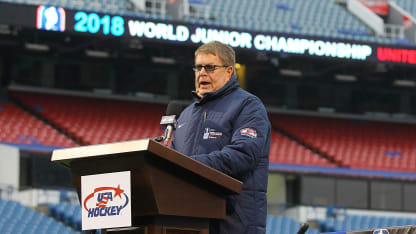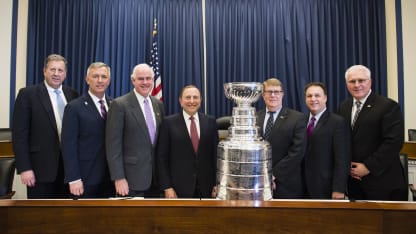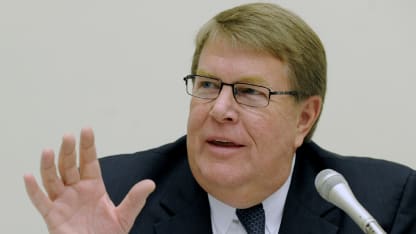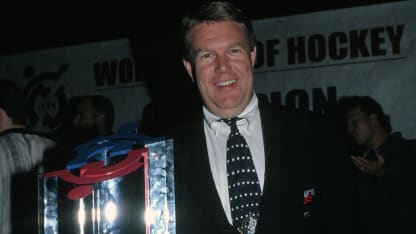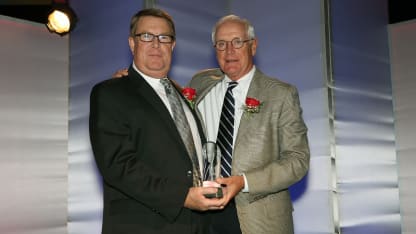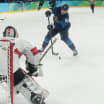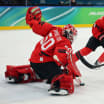In addition to the NTDP, Ogrean played a part in the creation of the American Development Model (ADM), the expansion of USA Hockey's relationship with the NHL, and the diversification of the game in the United States.
Ogrean helped launch the ADM in 2009, highlighting the importance of using smaller ice surfaces in the advancement of youth hockey players.
"The ADM was the brainchild of the staff, specifically Ken Martel and Kevin McLaughlin," Ogrean said. "It was a result of studying why hockey was doing better in other countries. We wanted to figure out how, in our culture, we could take some of their concepts and adapt them to our programs with the core being age-appropriate development. We knew there would be a resistance by some because it looked different, but the ADM is producing players who are learning the game so that they love it more and play it longer."
Ogrean is quick to point out that the success of the NTDP and ADM was magnified after forging a lasting relationship with the NHL.
"In 2005, I learned how great a friend I had in NHL Commissioner Gary Bettman," Ogrean said. "He was always interested in getting an answer to the question, 'How can I help you?' When people ask me for my mentors, [Bettman] is one of those guys on that short list because I always knew where he was coming from. He had the best interests of USA Hockey and the game. [Bettman] and [NHL deputy commissioner] Bill Daly are allies and friends to USA Hockey of unimaginable value and quality."
Said Daly: "[Ogrean] was well versed both in what USA Hockey needed to be successful, and understanding the pressures we were facing on the League side. He was always about finding a 'win-win', and his legacy will show he was pretty [darn] successful in achieving that. Just as important, he was a good partner and a really good friend. Hockey in this country is a lot better off because of Dave's many contributions."
Ogrean is also proud how much more diversified the game has become under his watch.
"We have a game that has a reputation, properly deserved, for being primarily white and pretty expensive and it's tougher for hockey than it is for soccer or basketball to really become diverse," Ogrean said.
